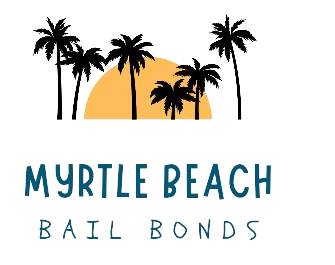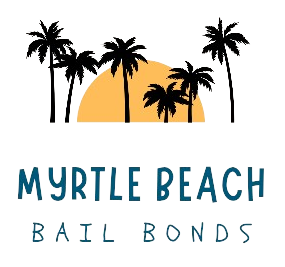How to Choose Immigration Bonds in Surfside Beach
When facing immigration bond situations in Surfside Beach, understanding your options can help you make the best decision for your loved one's case. Immigration bonds work differently than regular criminal bonds and involve federal immigration authorities rather than local courts. Knowing the specific requirements and procedures for immigration bonds helps ensure you choose the right approach for your situation.
Immigration bond cases require specialized knowledge of federal procedures and Immigration and Customs Enforcement (ICE) requirements. The process often takes longer than standard bonds and may involve additional documentation and waiting periods. Having the right support and guidance can make a significant difference in navigating this complex system.
What Makes Immigration Bonds Different?
Immigration bonds are set and processed through federal immigration authorities, not local courts. This means the procedures, requirements, and timelines are governed by federal immigration law rather than South Carolina state guidelines. The bond amounts are typically higher than most criminal bonds, and the process can take several days or even weeks to complete.
Unlike criminal bonds, immigration bonds require the detained individual to have an immigration case pending. The bond doesn't resolve the immigration case itself but allows the person to be released from detention while their case progresses through the immigration court system.
Two main types of immigration bonds exist: delivery bonds and voluntary departure bonds. Delivery bonds allow release from detention while the immigration case is pending, while voluntary departure bonds permit the person to leave the country at their own expense within a specified timeframe.
The immigration bond process also requires working with ICE facilities and federal procedures, which operate on different schedules and have different requirements than local detention centers and courts.
How Do You Find the Right Immigration Bond Service?
Not all bondsmen handle immigration bonds, so finding one with specific federal bond experience is essential. Look for bondsmen who regularly work with ICE facilities and understand federal immigration procedures. They should be familiar with the Stewart Detention Center and other ICE facilities that serve the South Carolina region.
Ask potential bondsmen about their success rate with immigration bonds and how long they typically take to process. Immigration bonds often require additional paperwork and verification steps that can extend the timeline significantly compared to criminal bonds.
Find out if they have relationships with immigration attorneys, as immigration bond cases often benefit from legal representation. A bondsman who can coordinate with immigration lawyers or recommend qualified attorneys can provide valuable support throughout the process.
Verify that they understand the different types of immigration bonds and can explain which option might work best for your specific situation. Some cases may be better suited for delivery bonds, while others might benefit from voluntary departure bonds.
What Documentation Do You Need for Immigration Bonds?
Immigration bonds require extensive documentation beyond what's needed for criminal bonds. You'll need proof of the detained person's identity, including passport or other immigration documents if available. The co-signer must provide detailed financial information, including tax returns, bank statements, and proof of employment.
ICE requires verification of the co-signer's legal status in the United States. This typically means providing a birth certificate, naturalization certificate, or permanent resident card. The co-signer must also provide proof of residence and ties to the community.
Some cases may require additional documentation related to the immigration case itself, such as court filings or notices from immigration authorities. Having all required documents ready before starting the bond process can prevent delays and expedite release.
If you're also dealing with criminal charges alongside immigration issues in Surfside Beach , the documentation requirements become more complex and may require coordination between different court systems.
Why Surfside Beach's Location Affects Immigration Bond Processing
Surfside Beach's location in South Carolina means immigration bond cases are typically processed through ICE facilities that may be located several hours away from the local area. This distance can affect both processing times and the ability to coordinate with detention facilities efficiently.
The coastal location also means Surfside Beach sees a mix of residents and visitors who may face immigration issues. Cases involving tourists or temporary residents may require additional documentation and verification steps, as ICE needs to confirm identity and background information for individuals who may not have extensive local ties.
Seasonal population changes in Surfside Beach can affect the volume of cases that local bondsmen handle, potentially impacting their availability and response times during busy periods. Experienced bondsmen understand these local patterns and plan accordingly.
The area's proximity to Myrtle Beach and other tourist destinations means immigration bond cases may involve people from various backgrounds and circumstances. This diversity requires bondsmen who understand different types of immigration cases and can adapt their approach accordingly.
If your case involves fugitive recovery services in the Surfside Beach area , the combination of immigration and fugitive issues can create additional complications that require specialized expertise and coordination with federal authorities.
When you need help with immigration bonds in Surfside Beach, contact Myrtle Beach Bail Bonds at (843) 481-0000. Our experienced team understands federal immigration procedures and can guide you through this complex process, working to secure your loved one's release as efficiently as possible.

